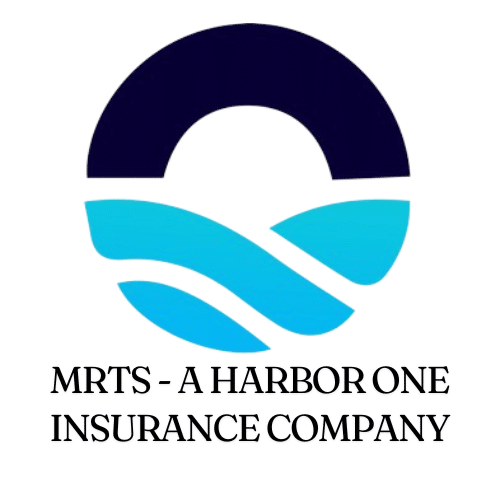
Accidents can happen anywhere, whether on public roads or private property. If you’re involved in a collision in a parking lot, your driveway, or any other private area, you might wonder if your car insurance will cover the damages. The answer depends on several factors, including your policy coverage and the specifics of the accident.
In this article, we’ll explore how car insurance works in the context of accidents on private property and what you need to know to ensure you’re adequately protected.
Private property includes any non-public area owned by an individual, business, or organization.
Common examples of private property where accidents can occur include:
Because these areas are not governed by public traffic laws in the same way that public roads are, different rules may apply when it comes to liability and insurance coverage.
Yes, car insurance generally covers accidents on private property, but the coverage depends on the specific types of insurance you have:
This coverage pays for repairs to your own vehicle if it’s damaged in an accident on private property, regardless of who is at fault. Collision coverage applies whether you hit another car, a stationary object (like a pole or wall), or experience a single-vehicle accident (e.g., backing into a tree).
Comprehensive coverage protects your vehicle from damage not caused by a collision, such as theft, vandalism, or weather-related events. If your car is damaged on private property by something other than a collision (e.g., a tree falls on it), comprehensive coverage would apply.
Parking lots are a common site for accidents due to tight spaces and frequent vehicle movement. If you’re involved in a fender-bender or a more serious collision in a parking lot, your car insurance will cover the damages, subject to the type of coverage you have and who is determined to be at fault.
Whether you accidentally back into another car in your driveway or someone else hits your vehicle, your collision or liability coverage will come into play. If you’re at fault, your liability insurance will cover the other party’s damages, while your collision coverage will cover your own.
If you accidentally hit a pedestrian or cyclist on private property, your bodily injury liability coverage will help cover their medical expenses and protect you from legal claims. It’s crucial to drive cautiously in areas where people are walking or biking, especially in residential neighborhoods.
Determining fault in an accident on private property can be more complicated than on public roads, as traffic laws may not directly apply. However, general principles of negligence and right-of-way still guide the process.
Insurance companies will investigate the circumstances of the accident, review any available evidence (such as surveillance footage or witness statements), and determine who is responsible.
In some cases, both parties may share fault, and the costs will be divided according to the degree of responsibility, often referred to as comparative negligence.
Car insurance generally covers accidents that occur on private property, but the extent of coverage depends on the specifics of your policy and the details of the incident. Whether it’s a minor fender-bender in a parking lot or a more serious collision in your driveway, understanding your coverage options can help you navigate the situation smoothly. Always review your policy and consider whether you have the right mix of liability, collision, and comprehensive coverage to protect yourself from the unexpected, no matter where the accident occurs.
